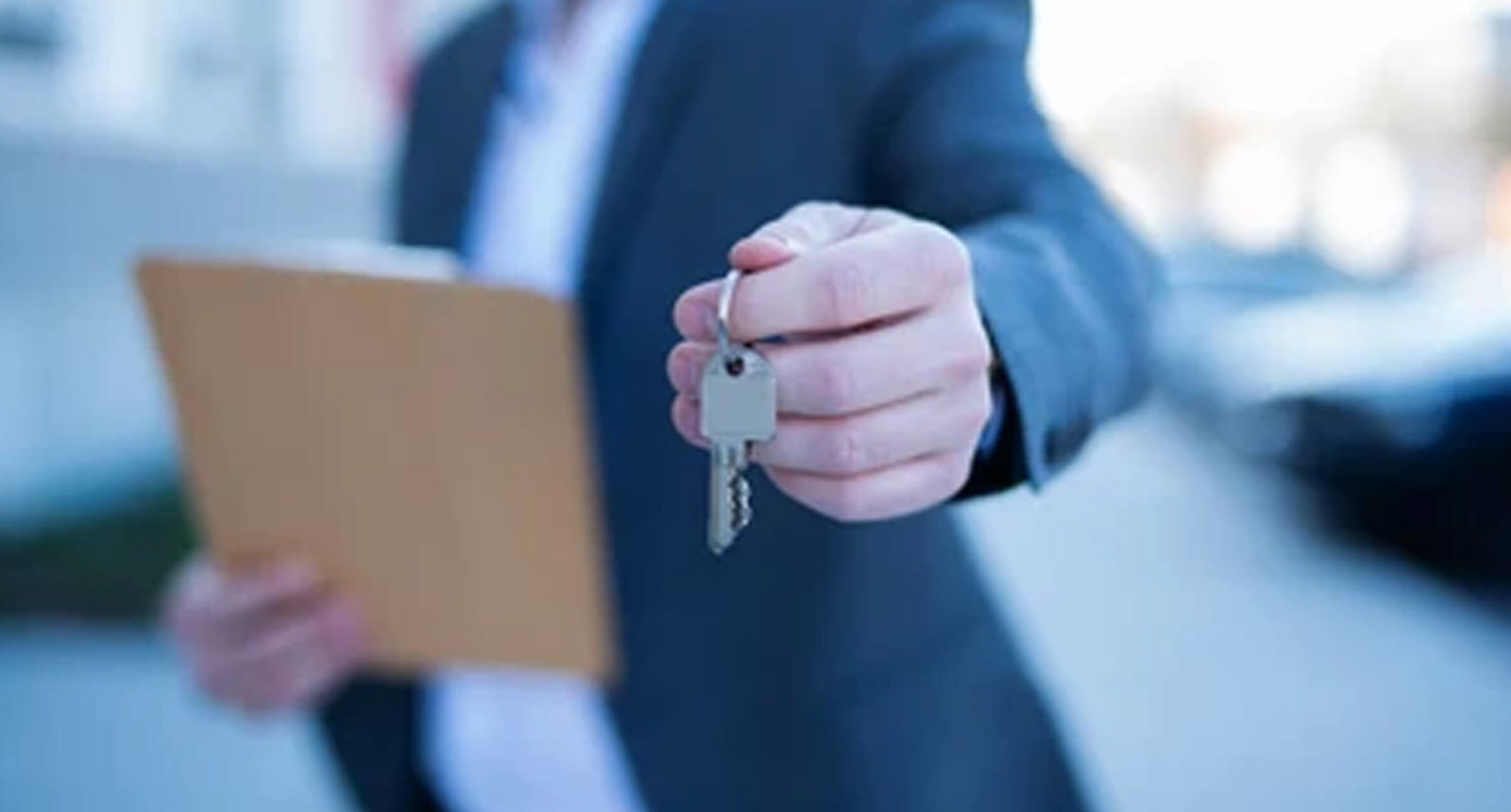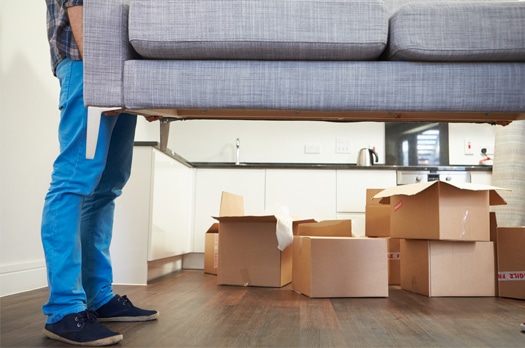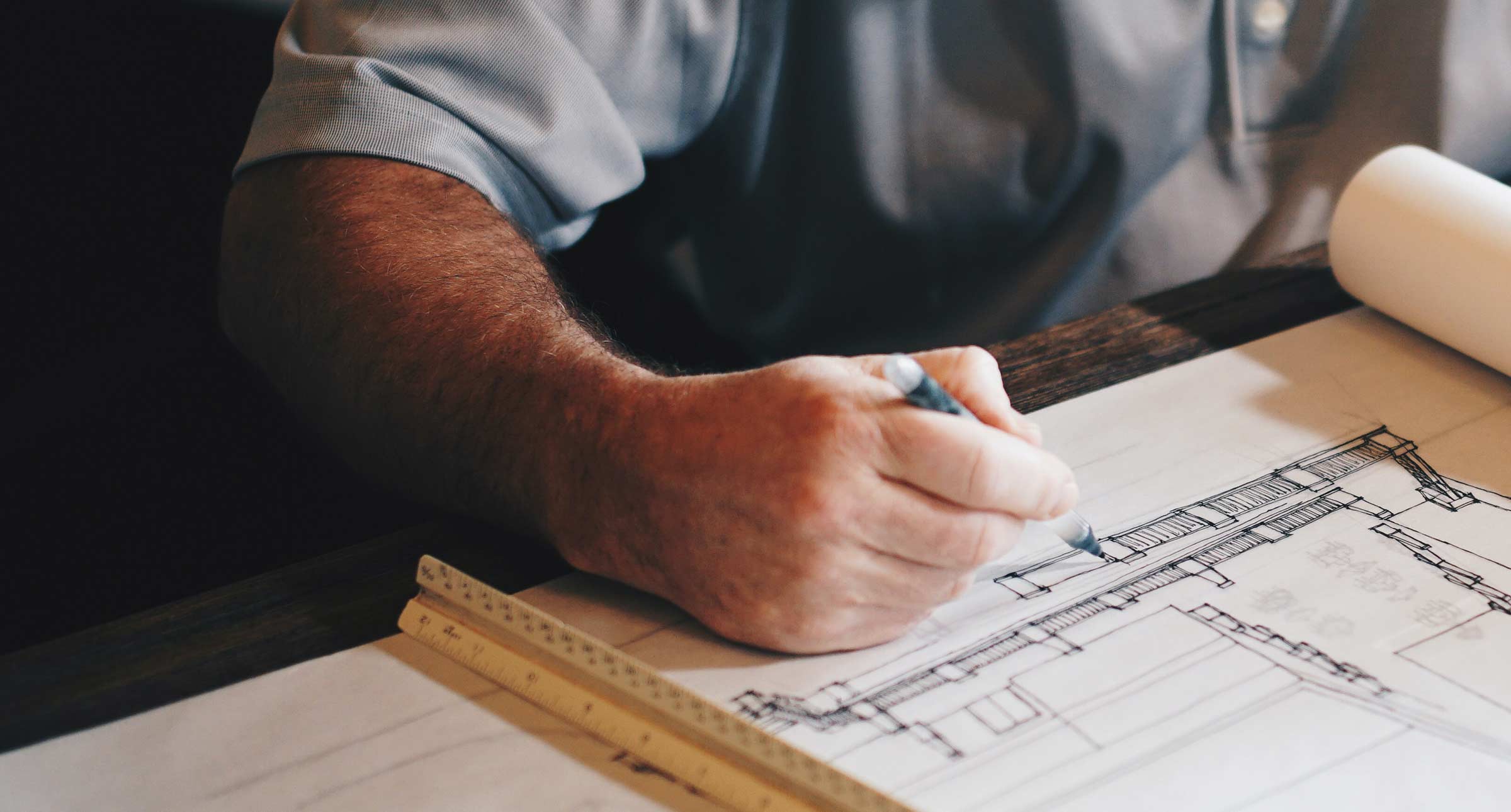Moving House Checklist – Helping you plan your next move

Co-authored by Abby Campbell - Legal Admin Apprentice for Residential Property, Farms & Estates
What to consider before selling your house
Do I need an estate agent?
One of the very first steps to selling a property is preparing for it to be on the market. We would always recommend that you use a local estate agent who is appropriate for your type of property.
Before your house goes on the market, you will need to be advised on how much it should be sold for. This is where it’s a good idea to speak with a few estate agents to value the house, with the possibility of some valuing higher than others.
Can I afford to move house?
If you are buying a house, the first steps are to think about where and what you want.
The main consideration of a move is affordability. This doesn’t just apply to first time buyers, but for everyone. If you are wanting a bigger or smaller property, or a change of location you will need to consider if you are financially capable. If you are likely to be borrowing, then you will also need to speak with a mortgage broker. As soon as you have worked out the price range for your property, you can now start the house hunt. It’s always worth looking at a lot of options and you should view them in person before you agree on one. Other factors to consider when finding a house are public transport routes, school, doctors, and dentists.
Your decision in principle
When looking for a house, it’s helpful to get a decision in principle on your mortgage. This can give you an idea of how much you can borrow. Therefore, you can start to look at properties knowing you can afford them. This will remove disappointment in the long run of not being able to get a mortgage offer on houses you had been looking at.
Important steps to take during the sale of a property

Traditionally, people consider appointing their solicitors after they have agreed their sale or purchase. However, at RWK Goodman we believe you should prepare the sale papers as soon as possible so that you are ready to proceed when a buyer is found. We don’t charge for this initial legal check service. As soon as offers have been accepted you can then be ready to send out contract papers.
When should I start packing to move house?
Packing is usually the biggest task of your moving day, and it’s best to start packing as soon as you can.
Money Saving Tip: Hold on to any large boxes leading up to your moving day. It’s better to have too many boxes than not enough.
To make life easier, label your boxes with the room they correspond to. By doing this you don’t have to go through every box to find out where it needs to go. Another tip is to put screws and bolts from bits of furniture in separate bags and attach them to the item of furniture that they correspond to, so you don’t lose them when being transported.
Make sure to keep all valuables and important documents in a safe place, keeping the essential documents you need for moving day within easy reach. For example, your tax paperwork, birth certificates, marriage certificates, passports and driving licences.
Do I need a professional removal firm to move house?
When moving house, you have a choice between using a professional firm or you are hiring a van for yourself. When you have lots of furniture or moving a long distance, it is useful to remember a professional firm would deal with your move quickly, and often in one trip.
Firms commonly provide a packaging service which can save you a lot of time. Most firms are also members of the British Association of Removers, and you should ask them to confirm this to you. This membership means that you are protected by the Associations Code of Best Practice.
Comparing removal firm costs: To accurately compare removal costs and when you book your removals company, you will need to give an estimate of how many items you’ll be moving.

The little things not to forget when moving house
For your new home
- Arrange buildings insurance from exchange of contracts.
- Contact the telephone line operator in advance of your move as it may be possible to take on the line at your new home. This can avoid re-connection charges. Also, you may be able to take your existing telephone number with you.
- Transfer your contents insurance on the day you move.
- Remember to keep essential toiletries and food items handy on your moving day.
- Contact your bank and any insurance or finance companies you deal with to notify them of the change of address.
- Consider using a postal forwarding service for a suitable period of time.
For your previous address
- Arrange for your post to be re-directed to your new address. However, there is a small fee for this.
- Settle any local accounts. For example, milk or newspapers.
- Empty the freezer in advance of your move.
- Arrange to have the meters read at your old and new homes on the day of your move.
- For council tax purposes, notify the council of the day of your move.
- Keep a note of alarm codes handy for the new and old house.
What to do after your property sale or purchase
The last part of your transaction will be completion day. This is where the balance of completion money will therefore change hands. As soon as you have completed, you are either free to vacate the property if it’s been sold or collect the keys to go to your new home.
This therefore means that there will be a lot of unpacking and decorating while you get used to your new house! Being organised and prepared prior to completion day will save a lot of hassle with removals and unpacking. You will also want to keep essentials separate to bigger moving boxes. This could be a first night bag with bits you need to survive the night before unpacking all the other boxes.
Before unpacking all your belongings, it is usually a good idea to clean the property thoroughly. This is most likely the only time you will have it completely clear so it’s easy to scrub!
Security tip: For peace of mind in a new property, it’s always a good idea to consider security risks, especially if there have been many previous owners. One thing you can do is have the locks changed so you are certain you are the only ones with the set of keys. Also, if there are any burglar alarms, look at getting the code changed so no one before knows that information.

When moving, who do I need to notify of my change of address?
Please find our list of essential contacts and organisations below:
- Family and friends
- Bank/Building Society/Credit card company
- Clubs and Societies
- Doctor/Dentist/Optician
- Electoral Register
- Employer
- Insurance Companies e.g. car, house, and life
- Electricity/gas/water/telephone companies
- Car Logbook/Driving licence/Motoring organisations
- Library
- Schools
- TV Licence
- Dept. of Work & Pensions/Pension Companies
- HMRC
- Phone, Broadband and media providers
- Council
Related Services & Support
Please find below additional information and services to help support you with your property sale and/or purchase





